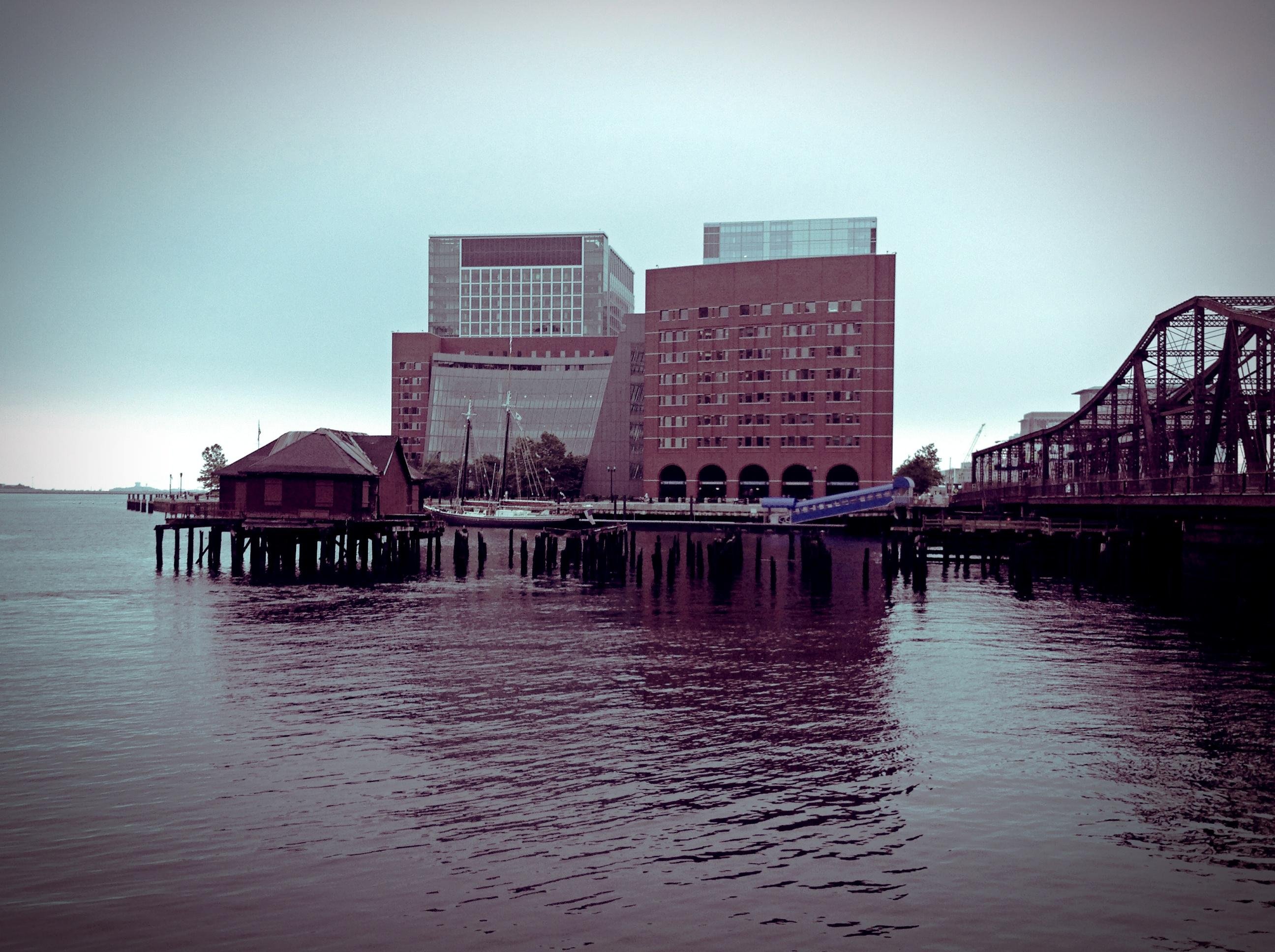MOSCOW, January 15 (RAPSI, Ingrid Burke) – The defense team for Boston Marathon bombing suspect Dzhokhar Tsarnaev has been granted additional time to file for a hearing in a different venue, the case docket revealed Tuesday.
A note appended to the docket Tuesday states that after considering the parties’ submissions concerning the issue of whether or not the Tsarnaev camp’s filing deadline for a motion to change venue should be extended, presiding Judge George A. O’Toole of the US District Court for Massachusetts held in the defendant’s favor.
The court had previously established February 28 as the deadline for any motion to change venue.
According to Tuesday’s note: “the defendant's… Motion to Vacate Filing Deadline for Motion to Change Venue is GRANTED to the extent that the filing deadline is vacated.”
The defense team had filed a motion on December 16 seeking to vacate the venue-change filing deadline. Based on consultation with a pretrial-publicity expert, Tsarnaev’s attorneys argued that it would be impossible to factually investigate and render a decision on the appropriateness of a venue challenge and to file an adequate motion by the February deadline.
The motion further asserted that it would be improvident to investigate a venue change prior to learning the Attorney General’s decision on whether to pursue the death penalty against Tsarnaev, and before substantive motions and trial dates had been scheduled, as all of these factors in addition to the general passage of time may substantially impact the public attitudes at the heart of a potential venue challenge.
In this regard, the defense motion urged: “The near certainty of perception-altering events as this case unfolds militates in favor of deferring the change of venue filing date.”
On December 23, prosecutors filed an opposition to the defense motion, urging the court to deny it in its entirety.
Pointing out that the set deadline was already “some ten months after the commission of the crimes charged in the Indictment,” the prosecution filing argued: “The defendant presents no compelling reason to extend the date for filing to some indefinite time in the future.”
Prosecutors went on to express discontent with the defense motion’s claim that the February deadline failed to provide sufficient time to collect and assess the necessary data, and that any realistic attempt to do so could not begin until early January. Prosecutors asserted that the defense had not provided an explanation with regard to the delayed data-collection process.
Furthermore, the prosecution asserted that while the defense suggested that a delay would be important due to the fact that every event that receives attention threatens to skew public perception, in fact, “This meritless argument would unnecessarily impede preparation of this case for trial. If this statement were true, no venue motion could ever be brought until every pre-trial event had concluded.”
At about 2:49pm on April 15, two explosions occurred near the finish line of the Boston Marathon. IEDs devised from pressure cookers, low explosive powder, shrapnel, adhesive, and other materials were hidden in backpacks that were then placed near metal barricades in areas packed with hundreds of spectators.
According to a related indictment, “Each explosion killed at least one person, maimed, burned and wounded scores of others, and damaged public and private property, including the streets, sidewalk, barriers, and property owned by people and businesses in the locations where the explosions occurred.”
The following four days were consumed by a dramatic and at times extremely violent manhunt for the suspects, who were identified by name on April 19 as Dzhokhar (19) and his brother Tamerlan Tsarnaev (26). The manhunt entailed the presence of thousands of law enforcement personnel from local, state, and federal agencies, and resulted in a veritable lockdown through parts of the greater Boston area.
Tamerlan was killed during a police shootout, and Dzhokhar was arrested on the evening of April 19 after having been discovered hiding in a dry-docked boat in the Boston suburb of Watertown.
He was then charged in a criminal complaint dated April 21 with the use of a weapon of mass destruction and malicious destruction of property resulting in death.
Then on June 27, a federal grand jury returned a 30-count indictment against Dhzokhar. The charges include the use of a weapon of mass destruction resulting in death and conspiracy and the bombing of a place of public use resulting in death and conspiracy among others.
According to an accompanying FBI press release, seventeen of these charges carry sentences of up to life imprisonment or the death penalty, and the rest carry sentences of life imprisonment or imprisonment for a fixed period.
At an arraignment hearing on July 10, Dzhokhar pleaded not guilty to all charges pending against him.



